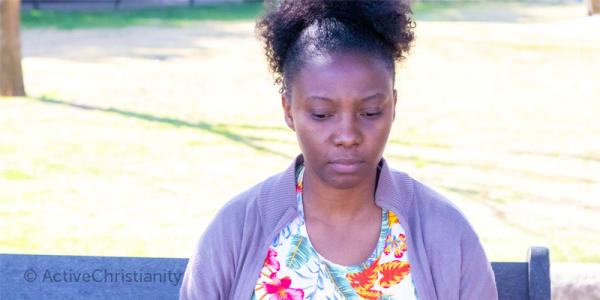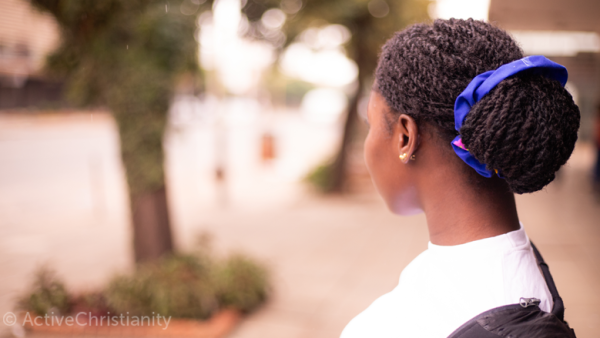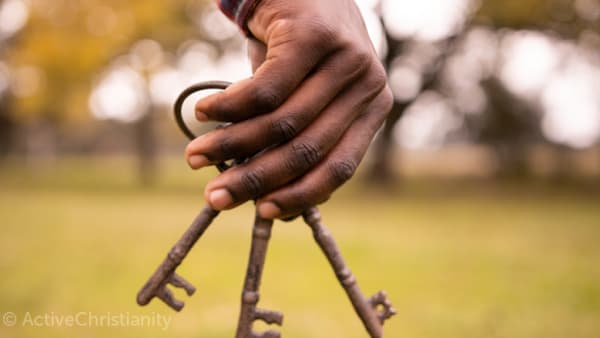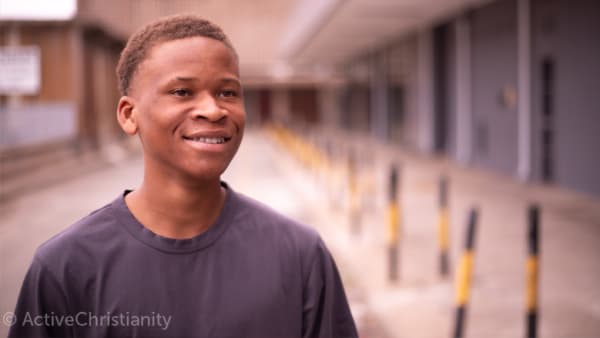Hate father and mother?
“If anyone comes to Me and does not hate his father and mother, wife and children, brothers and sisters, yes, and his own life also, he cannot be My disciple.” Luke 14:26.
It is clear that Jesus didn’t mean that we should actually hate our father and mother, because it is also written that to honour your father and mother is the first commandment with a promise.
Why does the Bible say something different here? What does Jesus mean here? Why use such strong language?
“Be My disciple”
To be a disciple of Jesus means that we follow where He leads. To do that we have tools that we can use. We have God’s Word, which is a book of instructions for how we should live, and we have the Holy Spirit to teach us and help us. If we follow these instructions from God’s Word and the Holy Spirit then we can be disciples.
That means that if other people give us advice, opinions, or comfort that go against what the Spirit is leading us to, then we have to decide to stand firm and be obedient to our faith. This decision can be hard or painful. Jesus is telling us here that we need to be willing to give up everything so that we can be His disciples.
The same thing goes for any relationship or friendship. The cost of being a disciple is that Jesus always has to come first. So, if that means that we have to make a very clear separation between ourselves and others, then that is exactly what we have to do.
Friends and family can tell us that something “isn’t that bad,” or that we can do something that we know in our hearts would be wrong for us as a disciple. When that happens, then we have to obey Jesus more than everyone else. We have to be very firm and make it clear where we stand and not be influenced by them. That is when we must hate mother and father, friends and anything that wants to hinder us in obeying Jesus. That means that I then do what Jesus says, and love Him more than anything else.
It isn’t always easy. We often have to give up something that we want keep. Maybe we know that some people will think less of us, or maybe we will lose a friend. But Jesus also said: “And everyone who has left houses or brothers or sisters or father or mother or children or fields for my sake, will receive a hundred times more and will be given eternal life.” Matthew 19:29 (GNB)
Read more here: Aren’t Christians supposed to follow Christ?
Should we hate our own lives?
And when Jesus says that we should also hate our own lives, He is not telling us that we should think we are worthless. He is talking about our own human reasoning and feelings which often try to tell us to go against what we know in our hearts the Spirit wants us to do. Often there are things that we need to give up that have nothing to do with other people. When we see how lazy we are, or how stubborn, or how selfish, or how proud we are, then isn’t that something that we need to hate? Don’t we need to love Jesus more than these things so that we can follow Him and learn self-control, love, humility, kindness, etc. from Him?
The main point is that we need to love Jesus so much that we are willing to put Him first, before all else. That is what it means to hate father and mother, and even our own life. Jesus loved us so much that He gave up His place in heaven for us. Nothing we have to give up compares to this. And if we put Jesus first, before everything else, He will give us so much more than we ever can lose.
“For our light and momentary troubles are achieving for us an eternal glory that far outweighs them all. So, we fix our eyes not on what is seen, but on what is unseen, since what is seen is temporary, but what is unseen is eternal.” 2 Corinthians 4:17-18 (NIV).




